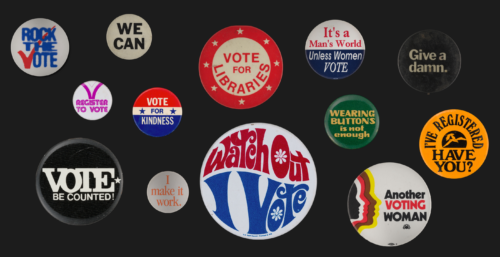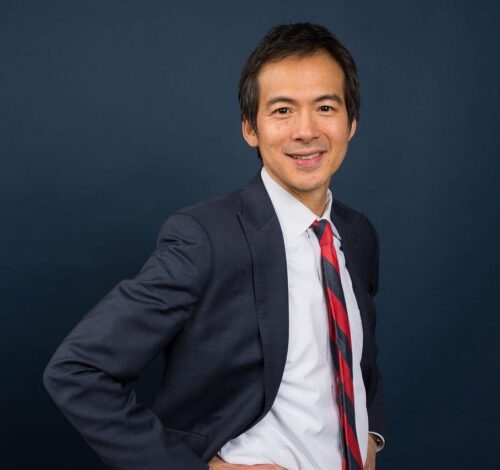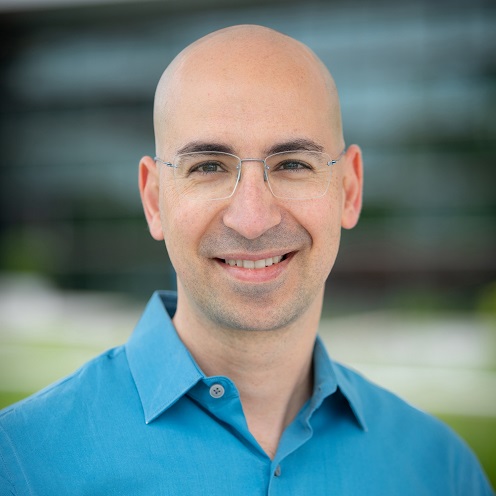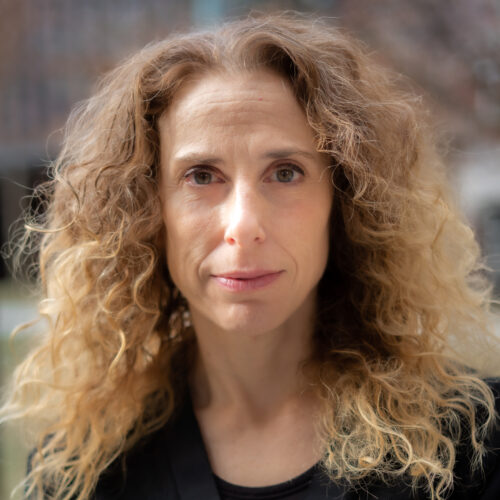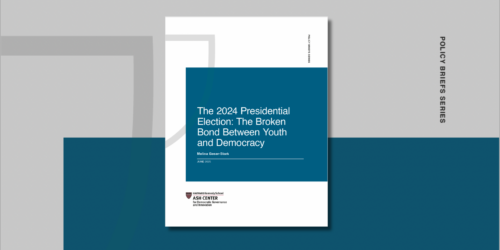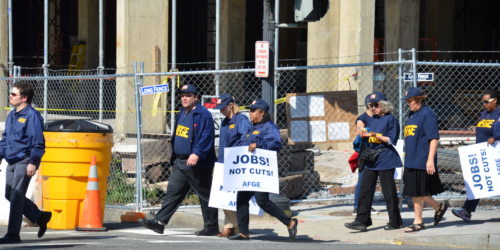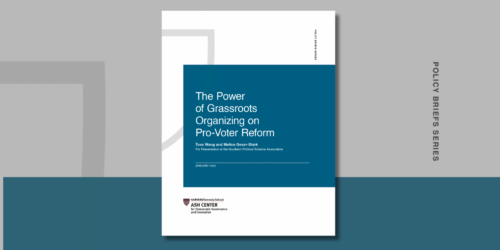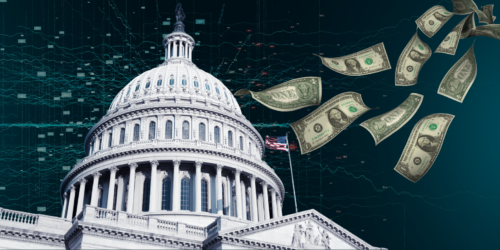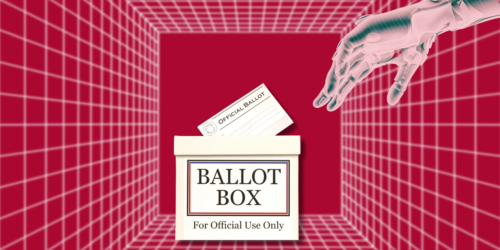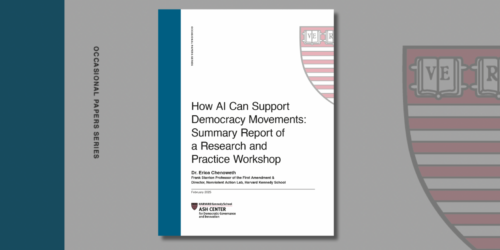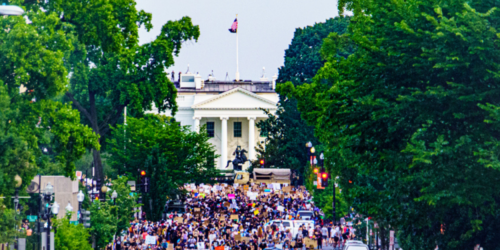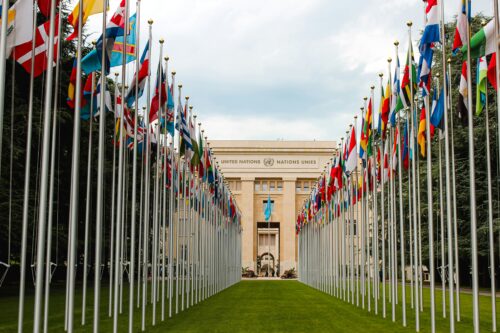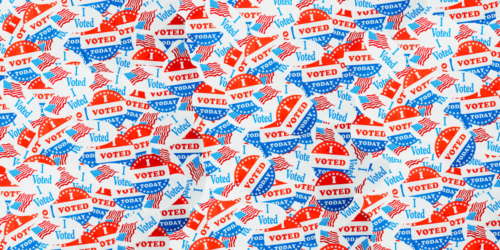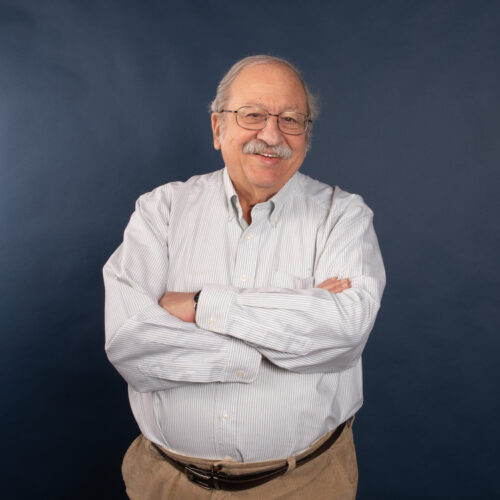
Marshall Ganz
Rita E. Hauser Senior Lecturer in Leadership, Organizing, and Civil Society
At the Ash Center, we’re generating new ideas and insights for the future of civic engagement — everything from voter participation to democratic deliberation.
Allen Lab for Democracy Renovation, American Politics Speaker Series, Nonviolent Action Lab, Reimagining Democracy Program
Civic engagement — from voting to volunteering — is the engine that drives democracy forward. Robust citizen participation at every level of government provides the feedback that democratic systems require to be responsive and productive.
But what happens when people are systemically shut out of deliberation? Can we boost declining voting rates? How will we create a culture of civic engagement in an increasingly digital, AI-influenced world?
These are the questions the Ash Center community works to answer.
Our programs generate novel ideas about making civic engagement more robust, enabling everyone to participate. Ash scholars are researching how citizens can better provide input into government programs, processes, and policies. Together, we are developing a blueprint for what the future of civic engagement can look like.
We encourage you to explore the below events, research, and commentary to learn more about our work.
Rita E. Hauser Senior Lecturer in Leadership, Organizing, and Civil Society
Assistant Clinical Professor of Law
Director, Ash Center for Democratic Governance and Innovation;
Co-Director of the Program on Democracy and the Informed Public;
Winthrop Laflin McCormack Professor of Citizenship and Self-Government
Paul F. McGuire Lecturer in Comparative Politics
Alfred and Rebecca Lin Professor of Computer Science
Senior Practice Fellow in American Democracy, February 2025 - November 2025
Non-resident Senior Practice Fellow in American Democracy, December 2025 - November 2026
Kirkland & Ellis Professor of Law
Director of Research Projects in Democratic Practice
Policy Brief
The 2024 election saw Donald Trump make significant gains among young voters, increasing his support among 18- to 29-year-olds by 10 percentage points. This report aims to investigate the deeper issues at stake that are causing this historical shift.
Feature
In its first 100 days, the Trump administration has taken sweeping, aggressive action against federal employees, impacting hundreds of thousands of workers and sending ripple effects across the country. Still, unions have stood strong, with the AFL-CIO, AFT, AFSCME, SEIU, and others filing over a dozen lawsuits to protect workers’ rights.
Policy Brief
In this policy brief, Tova Wang and Melina Geser-Stark argue that while grassroots advocacy has been pivotal in advancing voting rights, it remains overshadowed by the perception that voter reform is the domain of political elites — a view this paper challenges by examining how grassroots efforts mirror modern social movements and drive the push for a more inclusive democracy.
Feature
As the Maricopa County recorder, Stephen Richer was responsible for running much of the county’s election process, including voter registration and mail-in voting. So, when there were widespread claims of a “rigged election,” he pushed back.
Additional Resource
Over the past several weeks, the Department of Government Efficiency (DOGE) within the Trump Administration has been embedding staff in a range of United States federal agencies. These staff have gained access to data maintained by the federal government. This guide explains what is in the data, what DOGE is doing with it, and why it matters to all Americans.
Commentary
American democracy has faced a crisis of trust in elections, fueled by denialism and movements like “Stop the Steal”. Former Maricopa County recorder and Ash Senior Practice Fellow, Stephen Richer, outlines a potential solution in election administration by offering election facility tours. Finding that witnessing the election process firsthand significantly boosted trust in its integrity, highlighting transparency as a key tool to rebuild voter confidence.
Commentary
Drawing from her experience deploying an AI-powered chatbot to share accurate voting information during Venezuela’s recent election, Isabella Picón explains how AI technologies can enhance electoral participation and support pro-democracy movements.
Podcast
Archon Fung, Winthrop Laflin McCormack Professor of Citizenship and Self-Government, was recently asked to give the Morning Prayer at Harvard’s daily service. It is conducted each weekday morning from 8:30 to 8:45 a.m. in Appleton Chapel during the academic term. The service consists of music, prayer, and a brief address by a member or friend of the University.
Occasional Paper
In this report, Erica Chenoweth summarizes a December 2024 workshop on the specific issue of AI adoption within democracy movements and offers some key recommendations.
Feature
In response to the recent anti-democratic patterns in the United States, the Ash Center hosted a panel of Harvard scholars to discuss how civil society can resist democratic backsliding through social mobilization and organizing.
Video
In this webinar, panelists drew upon lessons from around the world about how civil society groups can protect and promote democracy and the rule of law during episodes of democratic backsliding.
Media Release
Richer, former county recorder of Maricopa County, Arizona, joins the Ash Center as the newest Senior Practice Fellow in American Democracy.
Q+A
On January 20, 2025, as Donald J. Trump was sworn in as the 47th President of the United States, the nation reached a critical turning point.
Commentary
No matter where you are in the world, the effects of November 5, 2024, are enormous, and its global ramifications will be seen very soon, for better or for worse.
Commentary
As the dust settles from the U.S. presidential election, the American public can celebrate that the election process was largely nonviolent and smooth. However, it is important that the public not be lulled into thinking this signals the end of election administrators’ problems.
